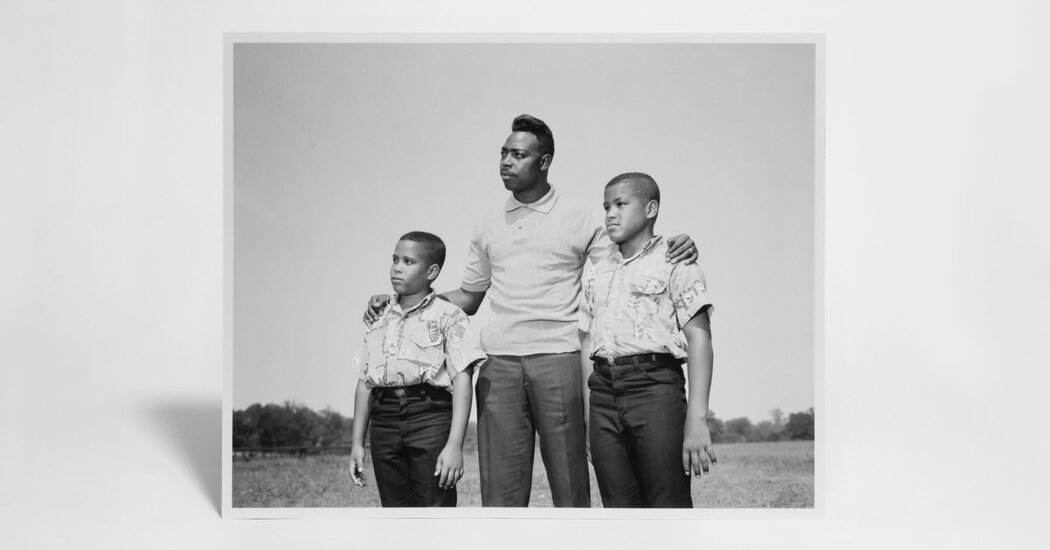When I was 14, I spent most of my free time doing two things that I loved: I ran a lot, and I played a lot of piano, even though by high school it was clear I’d never really excel at either. Once, as a friend and I did the customary prerace walk of a cross-country course, we were so involved in conversation that we realized we were late only when we heard, in the far distance, the bang of the starting gun. And when my piano teacher tried to explain what I was doing wrong, she sometimes imitated my playing in a way that made clear I was not destined for Juilliard.
That year, my freshman year of high school, my brother, who is six years older, came home from college for Thanksgiving break and informed me that he thought I should join the high school newspaper. There was no newspaper, I told him; at some point, it disbanded from lack of interest. I can still picture my brother in the doorway of my bedroom: I longed to return to whatever I was reading (“A Tree Grows in Brooklyn”? “The Clan of the Cave Bear”?), but he stood there for what felt like an eternity, lecturing me about the decline of democracy without a free press, and the apathy of my classmates; the high school had to have a newspaper, and if no one else was going to revive it, he insisted, then I must.
I can only imagine how I would have responded had my parents given the same lecture: probably not at all. Like most teenagers, I was somewhat developmentally programmed to reject whatever they felt most eager to impress on me. But also — they didn’t suggest it. They didn’t have particularly strong feelings about our high school newspaper or whether we should have one, and maybe they didn’t know me the way my brother knew me. Parents, I sometimes think, forever see their children as fixed, essentially unchanged from who they were when they first entered the world — as, say, a fussy baby or overeager toddler. I was the youngest of three, passive, a watcher more than a doer, someone who had to learn to talk fast because if I didn’t, I’d never get a word in edgewise at dinner. Siblings see one another out in the wild, how they interact with other children; siblings are spies, forever sizing up the competition, sometimes threatened, but just as often proud.
I did not want to face another lecture when my brother next came home. I valued not just his opinion but also his high opinion of me — and he thought I was someone who could start a high school newspaper. And so, to my surprise, I did. It didn’t win awards or break any news (I seem to remember a lot of editorials about student apathy). But as soon as I sat down with the first assignments that came trickling in, I knew I was in the right place. When my piano teacher told me I needed to drop my other extracurricular activities and focus on piano or find another teacher (subtext for: What is the point of all this mediocrity, really?), I didn’t think twice — the newspaper was my priority. My brother had all but bullied me into finding a vocation in journalism: He knew my environment, he knew what high school was supposed to be like and he knew me.
When we think about the forces that shape us, we inevitably turn to parents. The parent-child relationship is the basis of probably half a millennium’s worth of psychoanalytic conversation and intellectual discourse; parenting books are perennial best sellers, with advice that fluctuates as often as the health advice on what to eat or drink and how much. Their whiplashing instructions don’t stop many parents from reading them, and who can blame those mothers and fathers: Children are baffling, variable, not that verbal — and parents also know that if they get it wrong, their kids will blame them for just about everything.
And yet researchers, after analyzing thousands of twin studies, have come to the conclusion that the shared environment — the environment that siblings have in common, which includes parents — seems to do precious little to make fraternal twins particularly alike in many ways. They can be exposed to the same rules of oboe practice, dinnertime rituals, punishments, family values and parental harmony or discord, and none of it really matters in many key regards — siblings’ personalities may very well end up as different as those of any two strangers on the street. No one would argue that parenting doesn’t matter; it’s just that the choices so many loving parents agonize over — whether to co-sleep or not, whether to enforce the rules rigidly or sometimes let them go — don’t matter nearly as much as we imagine they do. Nor does that mean that genes are all-powerful; it’s just that nurture comprises so much more than parenting — the environmental effects a child is exposed to are vast, and include (just to start) the media they consume and the friends and teachers in whose company they spend most of the day.




